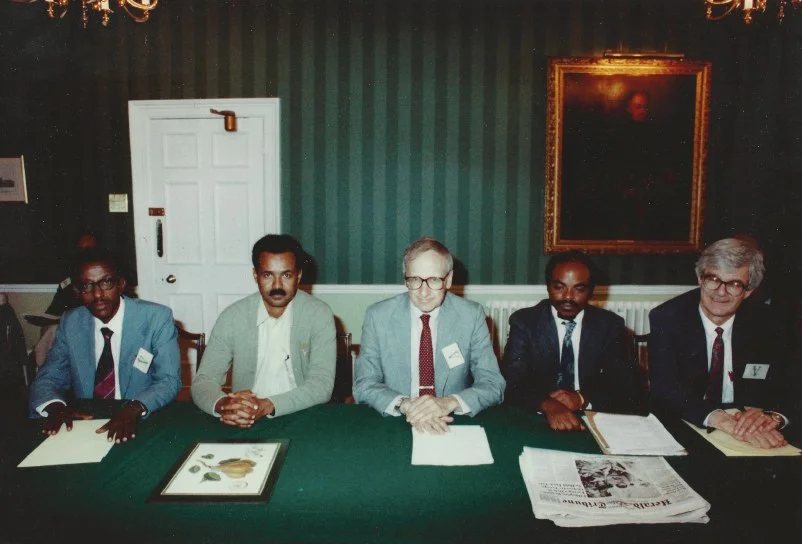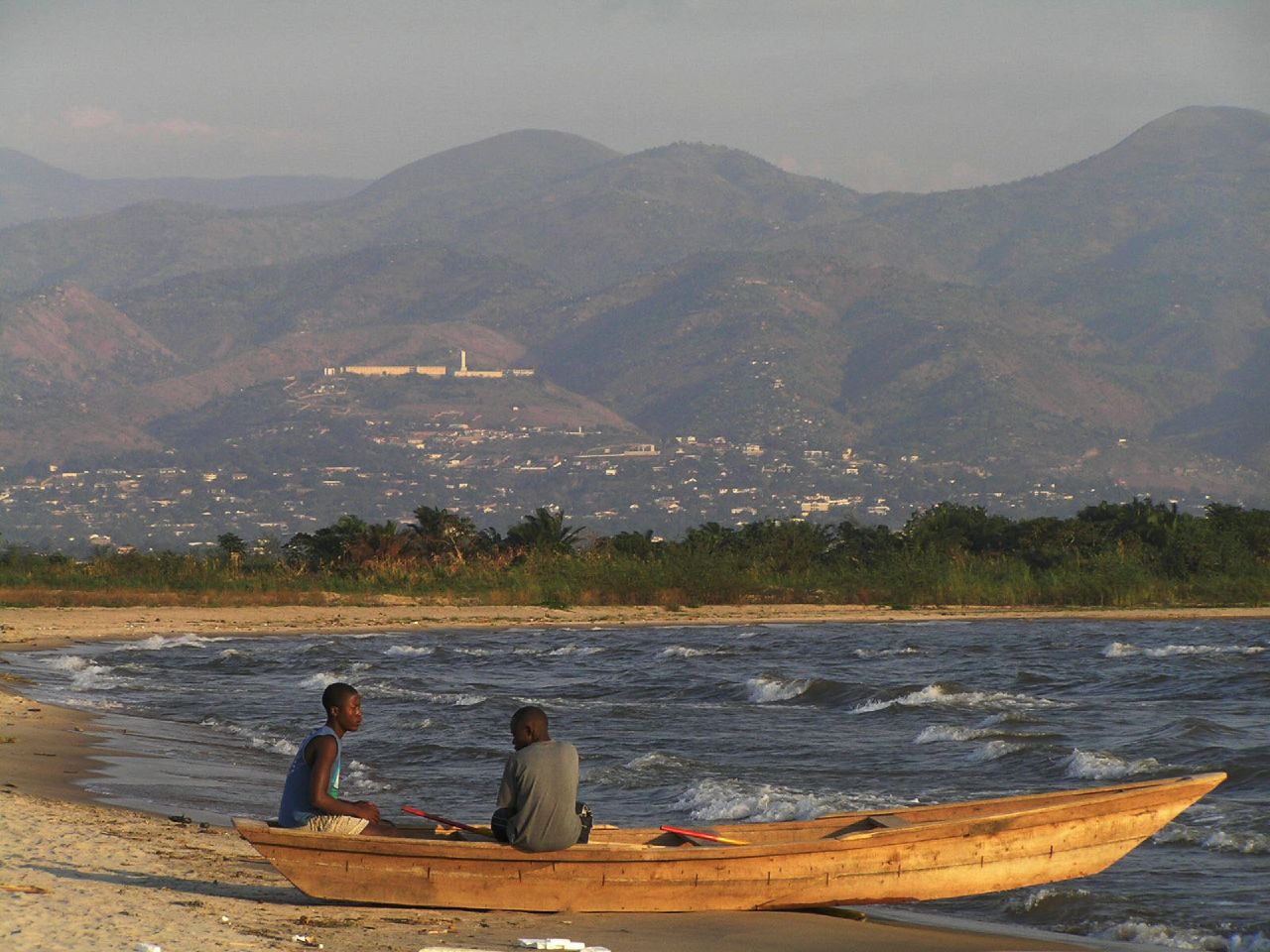The recent re-election of Gabonese President Ali Bongo is being hotly contested by Mr. Jean Ping, the opposing candidate, who was defeated by a narrow margin of 6,000 votes. Mr. Ping charges the Independent National Electoral Commission of fraudulently manipulating the vote count.
After the election results were announced, there was rioting in the streets of Libreville, the capital city. Police repression of the demonstrations resulted in the deaths of two demonstrators and much property damage. Opposition candidate Jean Ping’s party headquarters was heavily damaged by a police attack.
The international community, including the United States, is advising President Bongo to order the publication of the vote count at each polling station so as to reassure the voters that the national vote count was accurate. So far, the electoral commission has refused to do this, thereby furthering suspicion that the final count was manipulated in President Bongo’s favor.
Fearing more violence, the French government is sending additional military units to Gabon in order to protect the 15,000 French citizens residing there.
Does Jean Ping have a good reason to question the vote count? I believe he does. First, Ping had observers at every polling station where the votes were counted openly. He was able to collate the reports of all of his observers and reach the conclusion that he was the real winner with 58% of the vote.
Secondly, President Ali Bongo is the son of Gabon’s second President Omar Bongo who ruled the country from 1967 to 2011. Omar Bongo had significant oil revenues during his presidency, but very little of it was used for poverty reduction among Gabon’s 1.7 million population. Ali Bongo followed in his father’s footsteps with very little benefits for the people. I am persuaded that the Gabonese people are tired of Bongo family rule.
I know Jean Ping personally. He is a true statesman. He was a successful Secretary General of the Africa Union, and served the late Omar Bongo as Foreign Minister. I am persuaded that, at age 77, he would make an effort to lift the Gabonese people out of poverty.
In case anyone is curious, Jean Ping had a Chinese father and a Gabonese mother. He has distinct Chinese features.




